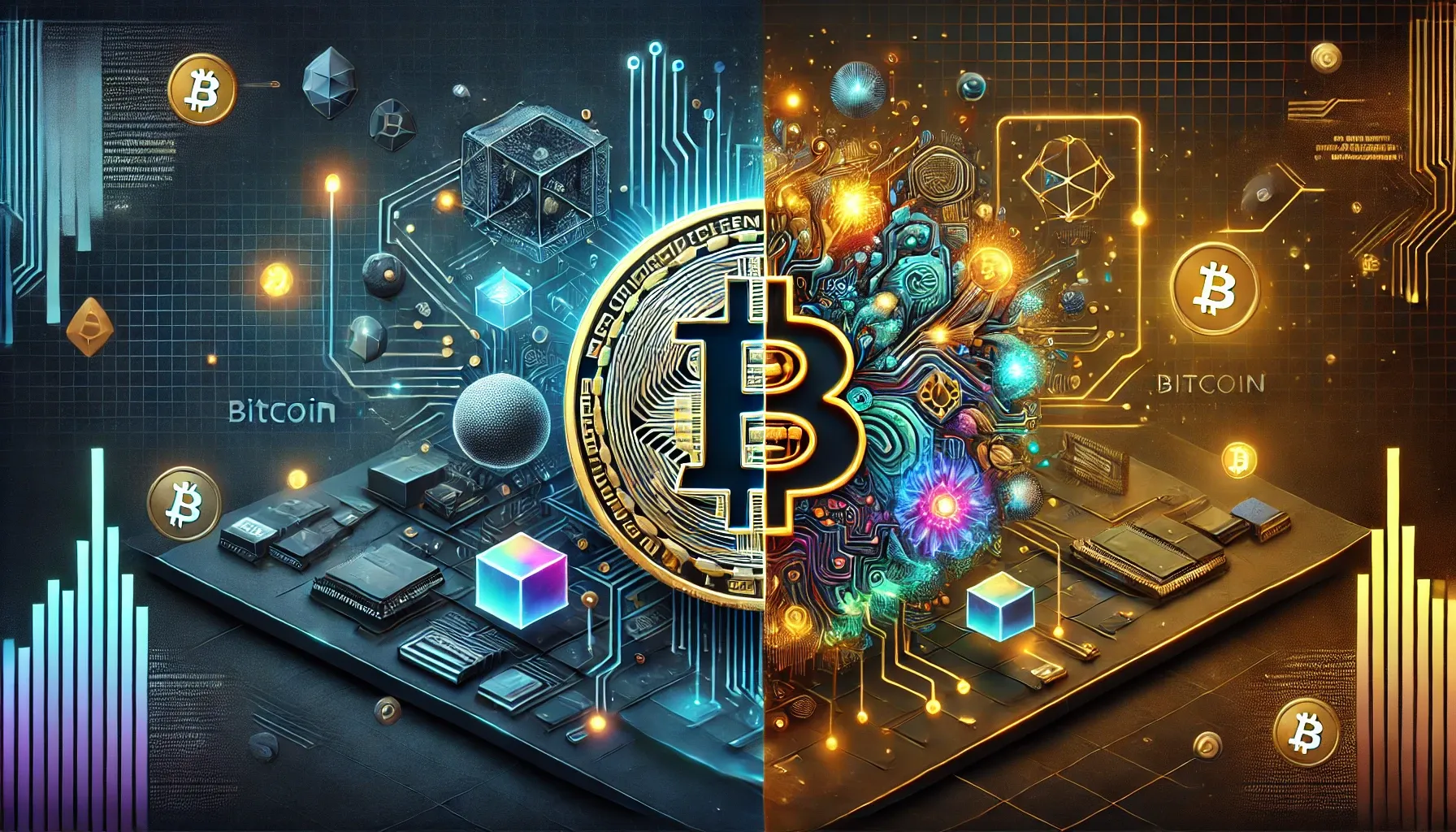In the world of cryptocurrencies, you’ll encounter terms that may seem complicated, but understanding them is essential for navigating this space. One of those terms is tokens. But what are fungible and non-fungible tokens exactly? More importantly, what’s the difference between them? In this article, we’ll break down everything you need to know about these types of assets.
Why Should You Pay Attention?
Imagine you have two types of digital assets: one is like a coin that you can exchange for any other of its kind, and the other is unique, like a piece of art. How do you decide which is best for your needs? By the end of this article, you’ll have clarity on these concepts and know how to choose the type of token that suits you best.
What Are Tokens?
Before diving into the types of tokens, it’s important to understand what they are in general. A token is a digital representation of an asset that exists on a blockchain. They can be used for various functions, such as:
- Exchanging value: Like cryptocurrencies.
- Accessing services: As in decentralized applications.
- Representing physical assets: Such as property or stocks.
Types of Tokens
Tokens are generally divided into two main categories: fungible and non-fungible. Let’s explore each in detail.
Fungible Tokens
Definition and Meaning
Fungible tokens are those that are interchangeable with one another. This means that each unit of this type of token holds the same value and characteristics. A classic example is coins and bills. If you have a $10 bill, you can exchange it for another $10 bill without any difference in value.
Characteristics of Fungible Tokens
1. Interchangeability: Each token is equal to another of the same type.
2. Divisibility: You can divide a token into smaller parts. For example, you can have one Bitcoin and break it down into smaller fractions.
3. Usage in transactions: They are ideal for buying goods and services.
Examples of Fungible Tokens
- Bitcoin (BTC): The most well-known cryptocurrency primarily used as a medium of exchange.
- Ethereum (ETH): Used to conduct transactions on its network and to pay for gas fees in decentralized applications.
Non-Fungible Tokens
Definition and Meaning
On the other hand, non-fungible tokens (NFTs) are unique and not interchangeable. Each token has specific characteristics that make it different from the others. It’s like owning a famous painting: while many copies exist, the original holds unique value.
Characteristics of Non-Fungible Tokens
1. Uniqueness: Each token has a unique identifier, meaning no two are exactly alike.
2. Non-interchangeability: You cannot exchange an NFT for another in the same way you would with a coin.
3. Usage in collectibles: They are ideal for representing digital art, music, videos, and other creative assets.
Examples of Non-Fungible Tokens
- Digital art: Works by artists sold as NFTs.
- In-game collectibles: Unique items that can be bought and sold within video games.
Key Differences Between Fungible and Non-Fungible Tokens
Interchangeability
- Fungible Tokens: They are interchangeable. You can swap one token for another without any loss of value.
- Non-Fungible Tokens: They are not interchangeable. Each one has a unique value.
Value
- Fungible Tokens: Their value is constant and determined by the market.
- Non-Fungible Tokens: Their value can vary widely depending on their uniqueness and demand.
Usage
- Fungible Tokens: Primarily used as a medium of exchange.
- Non-Fungible Tokens: Used to represent ownership of unique assets.
Which Is More Advantageous?
The answer depends on your needs and goals. If you’re looking for a way to conduct transactions and gain value, fungible tokens are the better choice. If you’re interested in collecting or investing in digital art, non-fungible tokens may be more suitable.
How to Choose the Type of Token
1. Define your goals: Are you looking to invest, collect, or use? This will help you decide.
2. Research the market: Understand the trends and demand for each type of token.
3. Consult experts: Don’t hesitate to talk to experienced individuals in the field.
